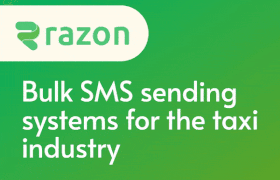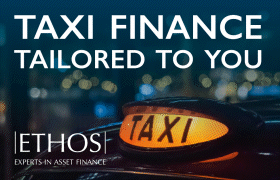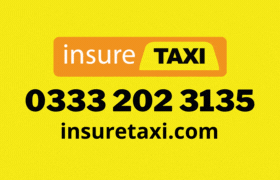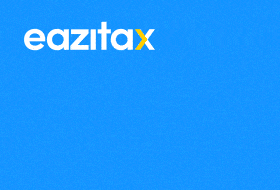BOLT RIDE HAILING DATA SHOWS UK NIGHTLIFE IS CHANGING
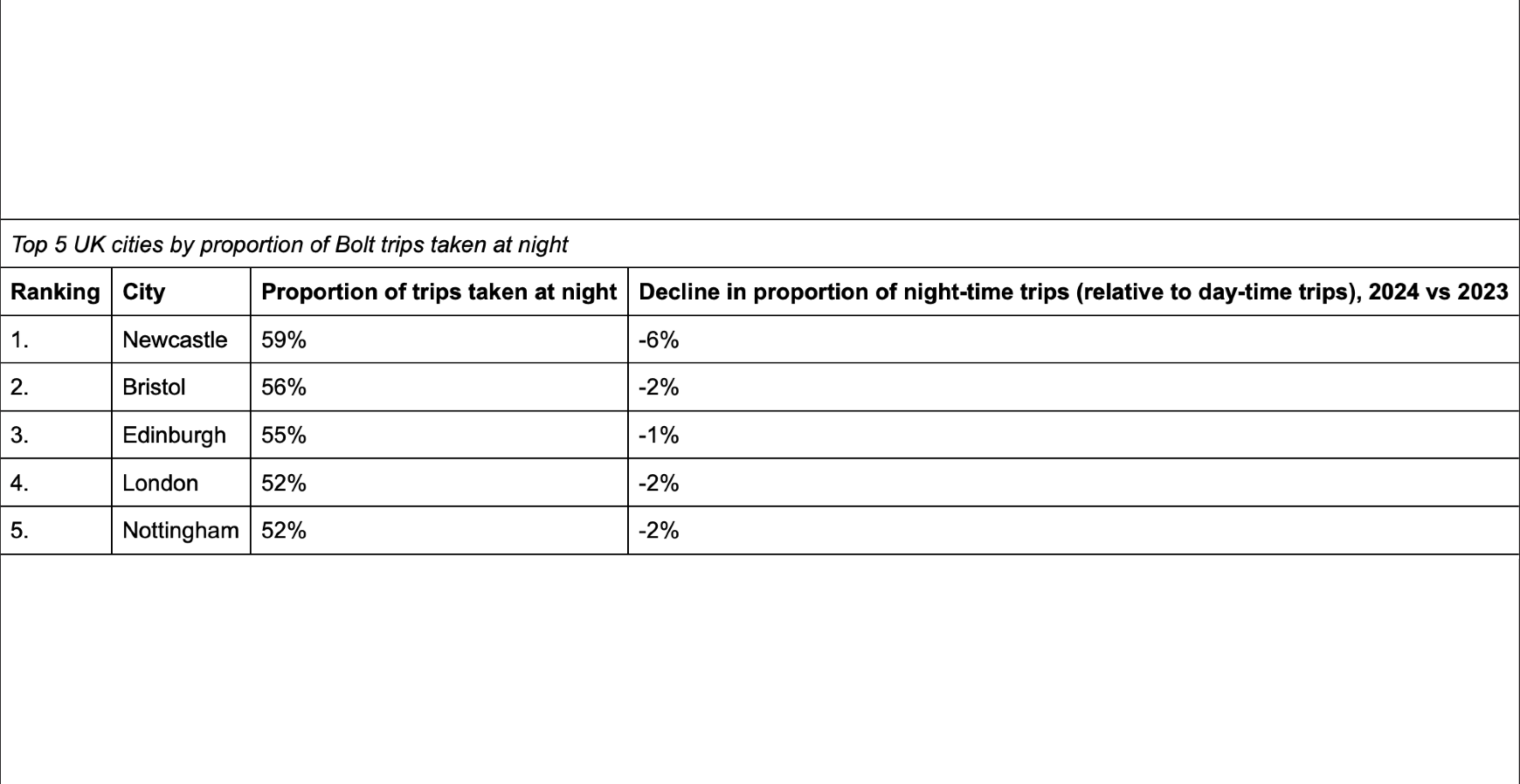
New data from ride-hailing firm Bolt reveals that Thursdays are stealing the spotlight for nights out. The ratio of Thursday-to-Friday nighttime trips has skyrocketed by 32% in the last three years.
In 2021, for every 100 people that were out on Friday between 6pm and 6am, there were 57 out on Thursday. In 2024, that number has jumped to 751.
Bolt’s trip data also reveals that peak hours for nightlife are shifting, now occurring one hour earlier. In 2024, the busiest time was 11pm on a Saturday, whereas in 2023, it was midnight.
Additional research from Bolt reveals that overall, over a quarter (27%) of Brits are going ‘out’ less at night compared to last year, with rising costs as the main reason. Nearly two-thirds (63%) of those scaling back say they’re deterred by expenses, while 26% cite safety concerns, and 15% say they’re discouraged by fewer open venues.
Despite this trend, Newcastle, Bristol, and Edinburgh still lead the UK in night-time activity, beating London. However, these cities have all seen a decline over the last year.
Of those who do go ‘out’ at night, the majority (55%) visit restaurants, with two fifths (41%) commonly going to pubs, and about a quarter (26%) going to the cinema. Under a quarter also commonly go to bars (23%) or the theatre (22%). Only about a tenth (11%) go to a club and one in six (16%) go to a live music or comedy venue.
Chris McMillan, Operations Manager at Bolt, said: “Ride-hailing plays a key role in supporting the night-time economy, with our data showing that 22% of ride-hailing users rely on this mode of transport to visit bars and restaurants, attend events, and explore tourist destinations. In addition to being an efficient and safe way to get around, shared mobility gives a boost to businesses.
"Nightlife has changed over the last few years, with people now preferring weekday evenings to big weekend nights out. However, our insights show that people are going out less overall. This is impacting businesses and individuals alike, from bars and clubs, to restaurants and drivers. We all have a joint objective of protecting and rejuvenating this essential sector, which not only adds billions to the economy but provides a livelihood for millions of people."
Michael Kill, Chief Executive Officer of the Night Time Industries Association, said: "These findings from Bolt underscore a significant challenge facing the night-time economy. With people going out less, and many citing financial pressures, our sector faces profound impacts on both footfall and business sustainability. The shift to earlier hours and the drop in late-night engagement are reshaping the landscape for nightlife, with venues struggling to adapt. As an essential part of our culture and economy, we must urgently address these issues with government and stakeholders to support the businesses and communities that thrive in the night-time economy."
Read another story
- NORWICH CABBIE BANNED AFTER LAPSE IN CONCENTRATION CAUSES SERIOUS MOPED CRASH
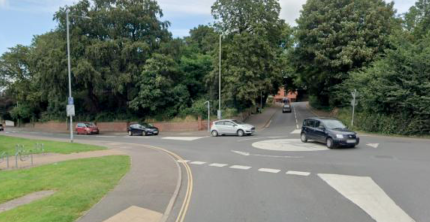
A 61-year-old Norwich cabbie has been banned from driving after seriously injuring a moped rider in a crash, effectively ending his 40-year career.

- HENLEY REGATTA PRIVATE HIRE DRIVER TO PAY OVER £2,000 FOR ILLEGAL RIDES

Muhammad Naeem of High Wycombe was convicted in his absence at Oxfordshire Magistrates' Court on 13 December, after failing to appear.

- TAXI DRIVER ARRESTED FOR FAILING CANNABIS TEST DURING COUNTY DURHAM SAFETY CHECKS
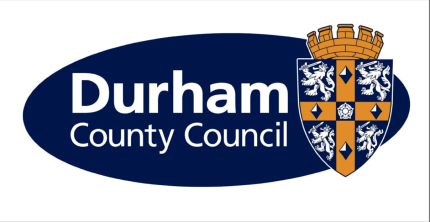
The operation, a joint effort between Durham County Council, police, and the DVSA, saw 57 licensed vehicles stopped across Durham City, Darlington, Consett, and Chester-le-Street.

- STANSTED AIRPORT TO INTRODUCE BARRIER FREE DROP OFFS WITH ANPR TECHNOLOGY
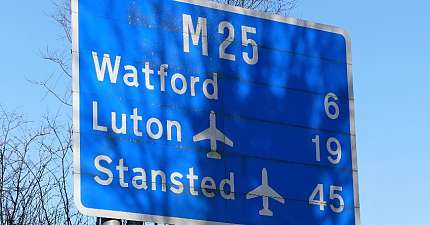
This new technology, mirroring the successful implementation at the Dartford Crossing, will allow drivers to seamlessly pass through the Express Set Down (ESD) area without the need to stop and pay at a barrier.

- COMMUNITY SERVICE FOR HIGHLY REGARDED LAWYER WHO ASSAULTED JERSEY TAXI DRIVER

David Samuel Steenson pleaded guilty to common assault in the Magistrate's Court, admitting to punching the driver, who sustained multiple cuts and bruises to his face.

- POLICE AND COUNCIL CRACKDOWN ON ROGUE TAXIS OVER CHRISTMAS IN WREXHAM
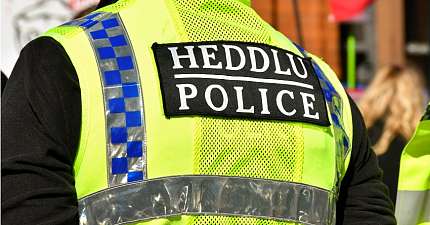
Wrexham residents are being warned to be vigilant against unlicensed taxis operating during the festive season, as police and council officials launch a joint crackdown.

- EAST SUFFOLK TAXI DRIVER ACQUITTED OF ASSAULTING 80 YEAR OLD MAN IN ROAD RAGE INCIDENT

Nikolaos Boutelis, 61, faced charges of causing actual bodily harm stemming from an incident on March 25, 2022, in Reydon.

- 12 MONTHS JAIL FOR ST HELENS THUG WHO KICKED CABBIE AND THREATENED HIM WITH ACID ATTACK
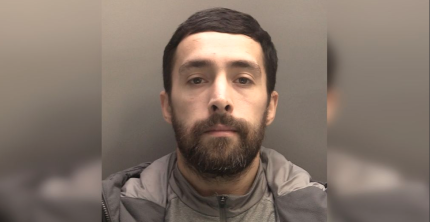
Calvin Elliott, 31, from Rainhill, verbally abused and assaulted Ahmed Shebaz after the driver asked him to leave his drinks outside the vehicle.

- ANOTHER MAN ARRESTED ON SUSPICION OF THE MURDER OF A NOTTINGHAM CABBIE 30 YEARS AGO

Ethsham Ul-Haq Ghafoor, 26, known to his friends and family as Shami, was shot dead in his taxi on Tuesday 22 November 1994.

- NORTH YORKSHIRE TAXI DRIVERS FEAR NEW RULES COULD DRIVE THEM OUT OF BUSINESS

North Yorkshire Council is revising its hackney carriage policies to increase the availability of wheelchair-accessible vehicles (WAVs) and comply with equality legislation.

- DERBY PRIVATE HIRE DRIVERS FURIOUS OVER UNFAIR BUS LANE RESTRICTION

The drivers argue that the bus gate restriction on Corporation Street is causing them to lose customers and get stuck in unnecessary queues.

- ONE DRIVER SUSPENDED AND OTHERS WARNED FOLLOWING TAXI SPOT CHECKS IN NE LINCS

38 drivers were checked, alongside the condition of their vehicle, as well as their licence, insurance, tyres, lights and vehicle tax.

- BEDFORD COUNCIL APPROVES SIGNIFICANT RISE IN TAXI AND PRIVATE HIRE VEHICLE LICENCE FEES

Despite expressing reluctance, Bedford Borough Council's General Licensing Committee has approved a significant increase in fees for taxi and private hire vehicle licences, effective March 2025.

- MID SUSSEX TAXI DRIVERS TO ACCEPT CARD PAYMENTS FOLLOWING COUNCIL DECISION

The decision comes after an eight-week public consultation and aims to address concerns raised by residents regarding the safety and convenience of cash-only transactions.

- DAWLISH TAXI FIRM OWNERS NAMED BY TEIGNBRIDGE DISTRICT COUNCIL AFTER LOSING LICENCES

Michael Miller and Grace Miller, of Grab A Cab, lost their hackney carriage proprietor and driver licences following a series of complaints alleging aggressive and abusive behaviour, threats and intimidation.

- £1.6M ASSET REFINANCE DEAL DRIVES GROWTH OF LEADING LONDON EV COMPANY - SHERBET
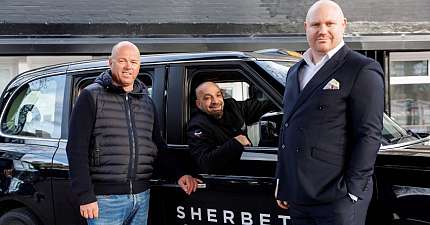
A leading eco-friendly electric taxi company based in central London is driving forward with its ambitious growth plans and opening a new local community hub, after securing a £1.6m asset refinance deal.

- ARGYLL AND BUTE CONSIDERS TAXI FARE HIKE DESPITE LOW OPERATOR RESPONSE
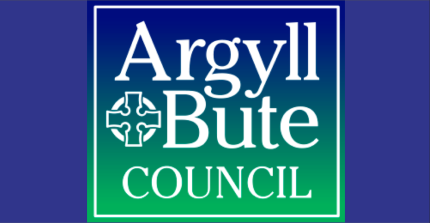
Only eight out of 101 taxi operators across the region responded to the council's consultation on potential fare increases, which ran from October 24 to December 2.

- UNLICENSED KINGS LYNN PRIVATE HIRE DRIVER TO PAY OVER £2,000 FOLLOWING UNDERCOVER STING

Kevin Turner was caught transporting undercover council officers on two separate occasions after they booked journeys with him.

- CRAWLEY COUNCIL SEEKS LEGAL ACTION AGAINST UBER OVER GATWICK AIRPORT BUSINESS
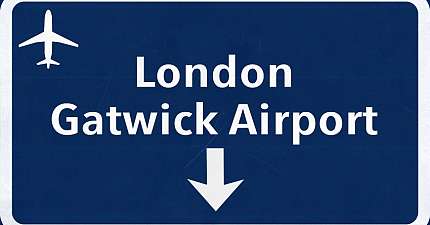
Drivers claim that Uber cars registered in London are taking a significant portion of airport business, impacting their livelihoods.

- GOVERNMENT ISSUES ENGLISH DEVOLUTION WHITE PAPER

Taxis and private hire vehicles are an important part of our transport networks and some of the most vulnerable groups in our society rely on them.











